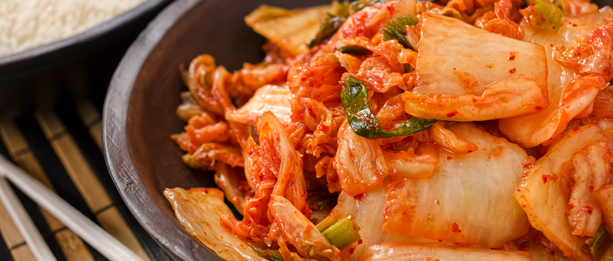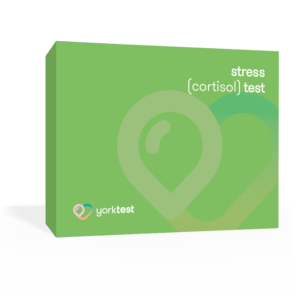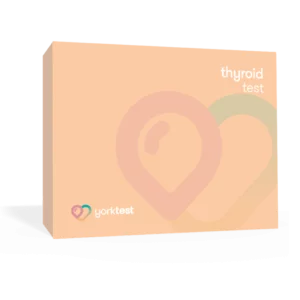Is bread all of a sudden making you bloat, is yoghurt causing your stomach to knot, tomatoes making your mouth ‘feel funny’ or your beloved scrambled eggs on toast just making you feel ‘not quite yourself’? We hate to break it to you but you may be suffering from a food intolerance.
There are a few reasons why you might be finding that you’ve developed a food intolerance in your 20s but don’t worry, there’s good news too –it may not be permanent!
Why am I suddenly intolerant to my favourite foods?
Without wanting to make huge, sweeping statements about the dietary habits you may have had as a student or as a younger teen, eating unhealthy, processed, unvaried foods can cause problems for you later on in life. If you think about this a little further, overeating foods that we know aren’t going to contribute to a healthy gut (processed takeaways, alcohol and overloading on pizza) can mean your gut becomes damaged, causing a reaction to some foods that cause inflammation.
However, what about foods that are typically healthy? Why do these suddenly not agree with you? In a nutshell, a food intolerance occurs when your body mistakes a harmless food protein as a threat and produces IgG antibodies – which can result in inflammation and discomfort in a variety of different ways – something has to have changed in your body to now consider this food to be a threat. This could be due to anything from contracting an infection, stress/anxiety, or certain medications.
Furthermore, despite this ‘sudden’ appearance of uncomfortable reactions to foods in your 20s that previously didn’t cause you any harm, in actual fact this apparent food intolerance could have been developing over a number of years.
I can’t seem to pin down my food intolerances?
A reason why it may be difficult for you to identify your problem foods can be down to the amount of the problem food you’ve consumed. For example, you may find that in small doses you don’t feel any side effects but when you over-do it you find this leads to the onset of food intolerance symptoms – makes it confusing to know what exactly you’re intolerant to, right?
It is possible to be intolerant to a food but still be able to consume it in small amounts, that’s because food intolerance reactions can be on a varying scale. Furthermore, everyone reacts differently, that’s because we all have our own individual food fingerprints, there’s no “one diet fits allâ€.
Taking a food intolerance test therefore gives you a better understanding of exactly which foods you are intolerant to and allows you to adapt your diet accordingly. Dependent on the severity of your symptoms, the good news is therefore that mild food intolerance doesn’t mean you have to remove it completely from your diet – just consume it in moderation. However, if you want to eradicate the problem in its entirety, we do recommend removing the problem food from your diet.
How do I soothe an unhappy gut?
So whilst there is no ‘one diet fits all’ and the solution to preventing the onset of food intolerance related problems is to cut out the offending food, there are foods to eat that are known for their ‘happy gut inducing qualities’. So long as you’re not intolerant to these foods, try;
Yoghurt – perhaps the world’s best known probiotic (healthy bacteria),yoghurt is a great food for balancing the gut bacteria after disruption. Ensure you buy plain natural yogurt with no fruit or added sugar and read food labels extra carefully.
Fermented foods – whilst yoghurt has often stolen the limelight for its probiotic qualities, fermented foods, which were historically an important part of our diet, are all the rage not only in restaurants around the world but are also thought to be great for digestion. Natural fermentation of foods has also been shown to preserve the nutrients in food and break the food down to a more digestible form. Why not serve your sausages with sauerkraut or their Korean cousin, kimchi?
How can I manage my diet and get on the road to recovery?
The next challenge to overcome is that your reactions to food can shift at any stage – so whilst it is common for food intolerances to develop in your twenties, they can also develop in your thirties, forties, fifties etc.
Having an understanding of which foods cause you discomfort, and recognising the reactions that can arise after eating said food, is an important step in ensuring a happy and healthy gut.
Unlike food allergies, avoid your problem food for a while and you may be able to slowly re-introduce the offending food without experiencing any of the uncomfortable side effects.
Interested in finding out more about food intolerances? Request a call back from our customer care team?















